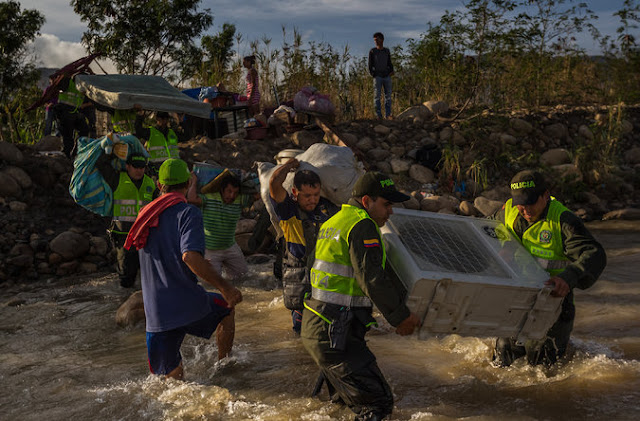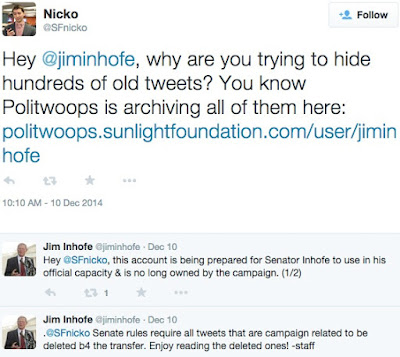SumNews is excited to launch SumVoices, a series that invites individuals around the globe to share their local knowledge of the Internet, cybersecurity, digital privacy and net neutrality. If you are interested in contributing to SumVoices, please email blog@sumrando.com for more information.
In our first post, Indonesian author and entrepreneur, Ollie, offers a glimpse into the dangers that lurk for internet users in Indonesia. Be informed, surf secure and stay Rando!
 |
| The Indonesian Internet, according to Ollie. |
Threat #1: Stolen Passwords
A few months ago, my father suddenly got many phone calls from his friends, not to have a conversation, but to inform him that his Facebook account had been hacked.
Someone stole my father’s Facebook password and used it to break into his account and started to message his friends to ask for money. Apparently these hackers actually do it manually because they replied on many kinds of questions asked by my father’s friends.
My father is one of 65 million people in Indonesia that have logged into Facebook at least once. From 74 million internet users in Indonesia, that’s 30% internet penetration. Most of them are very active to Facebook, Twitter, Instagram and other social media sites, but only a few of them know the danger they face every day due to the reckless use of social media.
Threat #2: Malicious Malware
Not only password
hacking, Facebook users in Indonesia also face malicious malware from a
virus in the form of links. Gadis Mabuk XXX, or Drunk Girl malware,
tries to ‘sell’ sexually explicit videos of drunk girls to attract
people to click the dangerous link. The link has circulated Indonesian
Facebook accounts and more than 2,000 Facebook accounts were affected.
Threat #3: Romance Scams
Romance scams are also happening on
Facebook. One girl shared her experience of having a relationship with
someone from the military that seduced her on Facebook. Luckily, she’s
aware of the situation, and it didn’t cost her financial loss. But
romance scammers know exactly what Indonesian women want: a fairy tale. A
stable relationship with some hunk and romantic foreigner from the
States. Sometimes the relationship has been widely known by their
friends and their family, so, when the time has come for this ‘fake
boyfriend’ to come to Indonesia, she will do everything to help make her
dreams come true. That’s including sending thousands of dollars when
the so-called fake boyfriend calls from immigration, asking for help.
Even if only 1% of Indonesian women users fall for the scam, that's
still around 300,000 people. The potential damage from romance scams
alone is $3 million, minimum.
Threat #4: Email Phishing
Scams using social engineering
through email can easily be found in the community. I won’t respond for
that email from the King of Ghana, but when my own friend with his own
email sent me an email with subject: Important Files, this was the one
that I almost clicked. What saved me was: being aware of what I’m
clicking.
Being aware of phishing saved
Benakribo,
a famous blogger and videographer from Indonesia. His Instagram account
was almost hacked. If he cared less to check the email address of the
sender and clicked the very convincing link that was sent to him anyway,
he not only would have lost his precious contents, but also the 264,000
followers and community he had built for years.
The Future of Indonesian Cyber Security
Research
by eMarketer estimates that by 2018, nearly 95 million people in
Indonesia will access Facebook via their phones. More access to
technology means more education and awareness of cyber security is
needed for the general population. It’s the role of government in
Indonesia to help implement the basic education on safe internet
practices from early level of education at schools. Participation of
private sectors to assist with trainings and individuals to spread the
awareness of best practices would increase the strength of people’s
cyber defense. And it should start, not next year nor tomorrow, but now,
by educating yourself on how cyberattacks look and work on the internet
in general and on social media.
Have a safe day!
Ollie has published 27 books and founded several startups in
Indonesia. She participates in Girls in Tech Indonesia to encourage
girls to use technology as a catalyst for success. For such work, she
received the Indonesian Ministry of Communications and Technology's
Kartini Next Generation Special Award 2013--Inspiring Woman in ICT and
was listed in InfoKomputer's 2011 Top 10 Women in Indonesia as well as
Girls in Tech's 2012 5 Geek Girls in Asia to Look out for. Learn more
about Ollie at www.salsabeela.com/about and follow her on Twitter @salsabeela.















